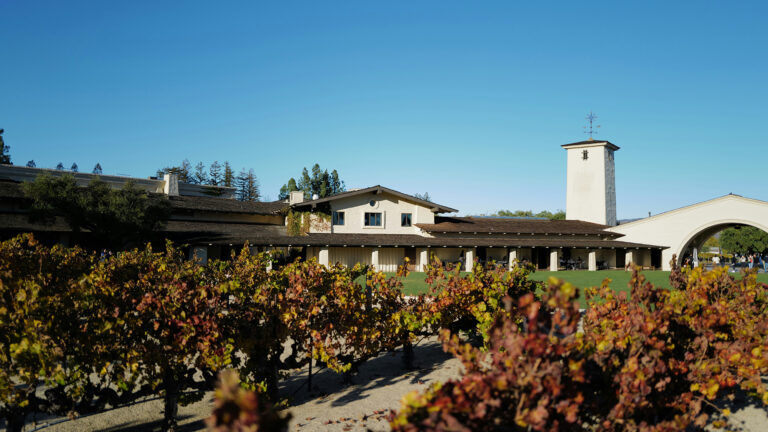By Nick Hedley
AustralianSuper, Australia’s biggest pension fund,
has outgrown its home market and is now setting its sights on becoming a major
global investor, says CEO Paul Schroder.
In an interview with Reuters, Schroder said the fund expects
to have A$1 trillion (US$694 billion) in assets under management within a
decade – a near four-fold increase from the US$181 billion it currently
manages.
AustralianSuper’s assets have grown at an average rate of
19% per year over the past decade, meaning it has rapidly grown its share of
the domestic savings market.
“We are too big for Australia, there’s no question about
that. Unless we changed our model, we would end up having a bit of a
performance drag or diversification complexities.”
With a population of around 25.7 million – approximately 8%
of the U.S. population – Australia is a relatively small market.
As a result, roughly two-thirds of the fund’s new inflows
are managed offshore, and the majority of its assets are already managed outside
Australia, Schroder said.
With this in mind, AustralianSuper plans to at least double
the size of its office in London – from 70 staff members to “150 or perhaps 200,”
Schroder said.
In New York, where it focuses largely on private markets,
the fund aims to have 100 staff by 2025, while it also intends to grow its
presence in Beijing.
Attracting skilled professionals would be tough in the
current environment, but the fund’s growth trajectory and “purpose driven”
approach would help it to attract talent.
“We consider ourselves a global investor with domestic
beneficiaries,” Schroder said, adding that AustralianSuper had an advantage
over many other international funds.
“Most of the global pension funds are defined benefit plans
– many of them are in decline and many of them have deep government connections
and relationships. That’s not our case at all. We are a privately owned defined
contribution plan, which brings enormous advantages and agility.”
For instance, the fund’s structure means it is better suited
to taking large positions in private assets and infrastructure.
“All indications are that we’ll have a lot more capital to
deploy in five years’ time – we’ll be a US$350 billion organization. That means
much more exposure in New York to private equity, much more exposure to
infrastructure – perhaps two or three times our current settings. And double
the size of our global equities exposure.”
Schroder recognizes that AustralianSuper is currently “a
mid-sized global investor, on the low side,” although it now has ambitious
global growth targets.
It will focus on its strengths, he said, including
infrastructure investments, property redevelopment projects, and working with general
partners in private equity.
Schroder said AustralianSuper had been learning from its
larger competitors abroad, and said major Canadian, U.S. and European funds had
been “incredibly generous” with their time, by frequently giving the fund
advice as it seeks to become a major global player.
“We’re competitors for clients and assets. But there are
some things you don’t need to compete for.”
New Hires in New York
In a separate announcement, AustralianSuper said it had boosted
its New York office with several new hires.
Jennie Rose, who was most recently in Barings’
infrastructure debt team, has been appointed senior investment director for private
debt.
Aaron Witte, who joins from SwanCap Partners, has
been appointed senior portfolio manager for private equity. Dominic Borrasch,
also formerly at SwanCap Partners, has been appointed portfolio manager for private
equity.
Emilce Song, previously at Macquarie Capital, has been
appointed investment director for infrastructure, while Kang Peng has
been appointed associate director of infrastructure, joining from Transurban
Group.
AustralianSuper’s head of private equity, Terry
Charalambous, is also now based in New York.
“AustralianSuper is strategically building a team to help
manage our existing U.S. portfolio and also find new opportunities to invest to
deliver long-term returns for members,” Charalambous said in a statement. “We
are a growing fund looking for private market opportunities and now have a team
of 15 senior investment professionals in the New York office, which was opened
last year.”
The fund currently has US$51 billion invested in the U.S.












